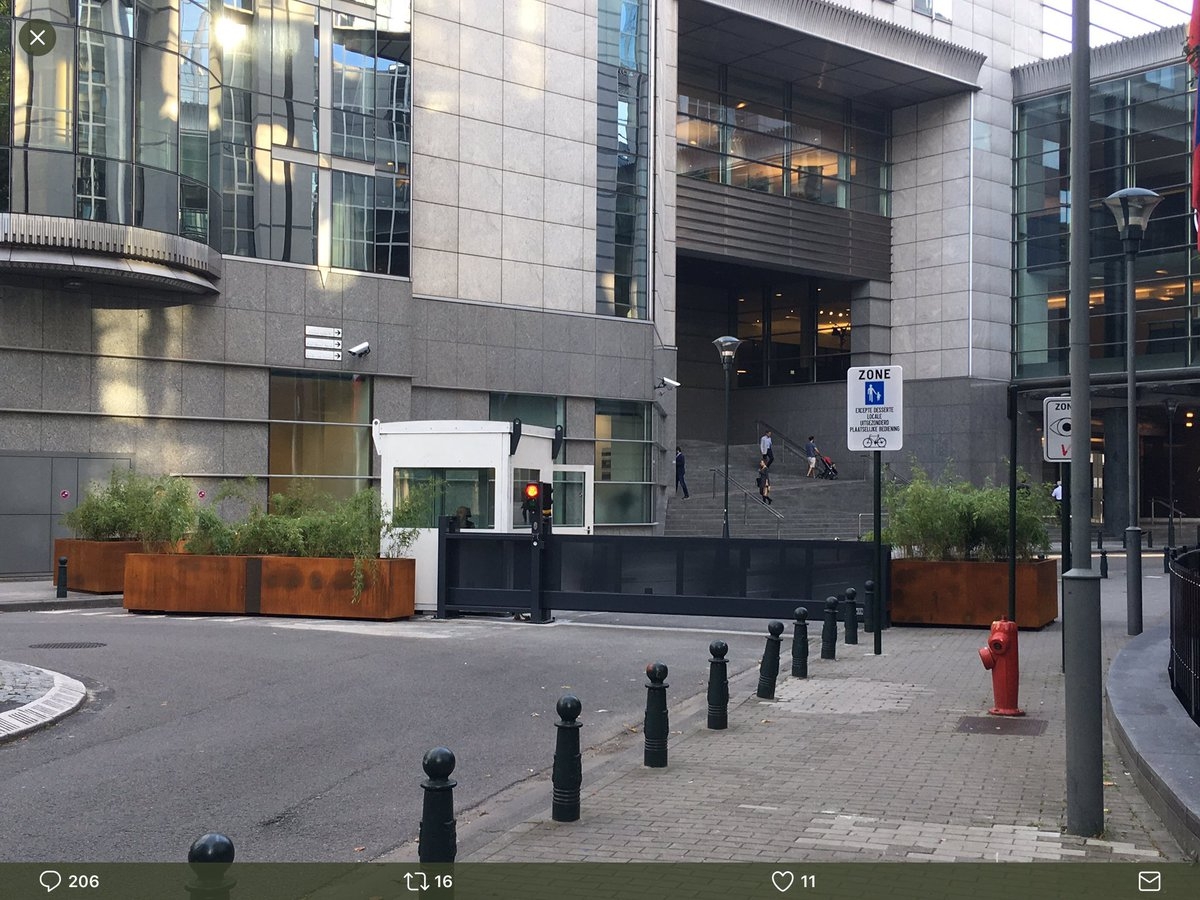Members of the European Parliament Patricija Šulin, Romana Tomc and Milan Zver are not joining the signing of a letter to the President of the European Commission, Jean-Claude Juncker, sent by a colleague Igor Šoltes, together with Tanja Fajon, Ivo Vajgl and Franc Bogovič.
Members of SDS in the European Parliament are convinced that the addressee is not properly selected, as the first vice-president, a Socialist Frans Timmermans, is in charge of this issue in the European Commission. An appeal to the Slovenian Commissioner Violeta Bulc would not have been a bad idea as well since she was the only one who knew about the legal opinion but did not take appropriate action. Moreover, the appeal for a “collective action” was not honest since Šoltes initially did not accept proposals for the co-authorship of some Members who otherwise supported his call. Lojze Peterle, among others, also rejected the signature.
We think that for the unsuccessful way to find a solution to the border issue with Croatia, it is not appropriate to put a blame elsewhere, for example, on the European institutions. The national television recently even tried to blame the Members of the European Parliament. The government should ask itself what they did wrong that the arbitration story completely fell through.
It is known that SDS opposed the method of resolving the border issue with the arbitration agreement from the beginning and warned that the result would be exactly as it is. SDS preferred a direct dialogue between the countries when Croatia was not yet a member of the Union. In 2008, we were extremely close to a deal, but then came the new government and opted for arbitration. The recent statement by the new Prime Minister Marjan Šarec that he will not meet with his Croatian counterpart until he changes his position on the verdict shows that the Slovenian left does not intend to resolve this issue because they believe that the border dispute brings political benefits to it. In addition, it is naive to expect that a court ruling would be implemented without a dialogue with the neighboring country.
The reluctance to sign this letter, beside the disinformation that the European Commission has not expressed its point of view, also stems from the content of the ruling. Among other things, the European Commission had adopted the position that countries with unresolved border issues cannot become members of the EU. In substance, it is clear in the ruling that the Slovenian side did not receive a territorial contact with international waters, which was promised in the referendum campaign by the supporters of arbitration. Thus, today the Slovenian government found itself in a paradoxical situation: it advocates the implementation of something that is not in line with Slovenian strategic interests.
If the old-new government so wished to implement the verdict, it should use all the political and diplomatic means it has. Though, it not successful. Why? Because they lost all the credibility that Slovenia had created during the EU presidency. How should they expect respect in Brussels if they themselves violate the rule of law and the commitments given to the community?
In SDS, we believe that there are other ways of solving the border dispute, which would also protect the strategic interests of Slovenia. In any case, it is clear that rejecting a dialogue between the two countries is not the right path.
Patricia Šulin
Romana Tomc
Milan Zver
